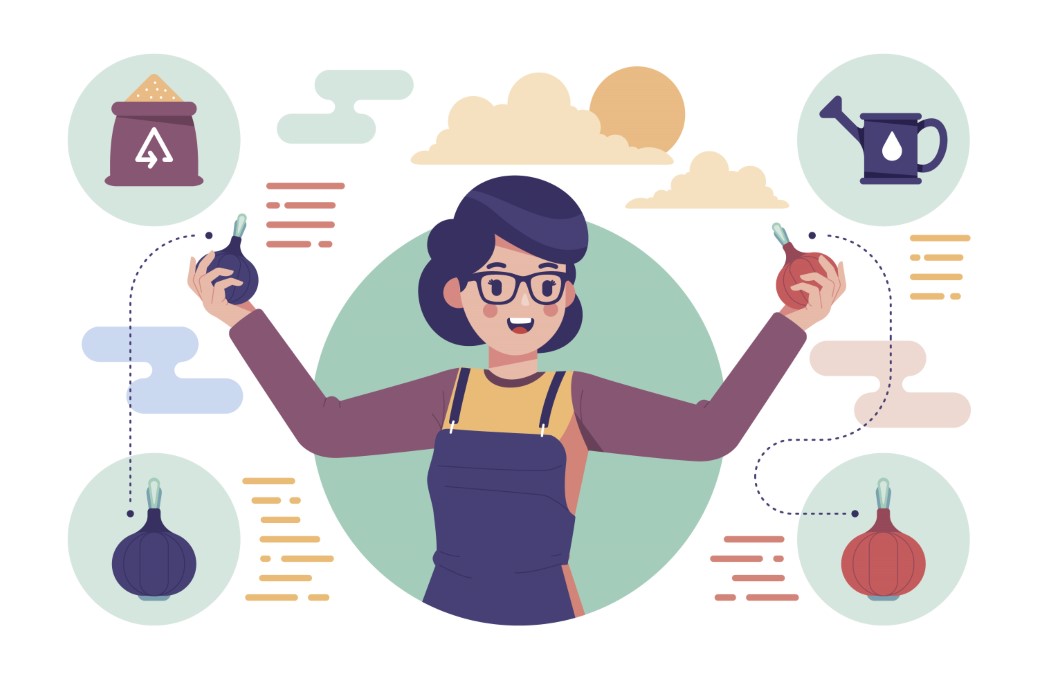
Vocabulary
| 🔊 | Carry out | To perform or complete a task or responsibility. |
| 🔊 | Take on | To assume or accept a responsibility or task. |
| 🔊 | Take up | To begin or start something, usually a role or activity. |
| 🔊 | Carry through | To successfully complete a project or task. |
| 🔊 | Bring about | To cause or make something happen. |
| 🔊 | Follow up | To continue or pursue a matter or task to its completion. |
| 🔊 | Work on | To focus or dedicate time and effort to a specific task or project. |
| 🔊 | Hand in | To submit or deliver something, such as a report or assignment. |
| 🔊 | Take over | To assume control or responsibility for something from someone else. |
| 🔊 | Look after | To take care of or be responsible for someone or something. |
| 🔊 | Fill in | To temporarily perform someone else's duties or responsibilities. |
| 🔊 | Set up | To establish or arrange something, often a new system or process. |
| 🔊 | Work out | To resolve or find a solution to a problem or situation. |
| 🔊 | Set out | To start trying to do something. |
| 🔊 | Delve into | To try hard to find out more information about something. |
| 🔊 | Bring out | To reveal or highlight something. |
| 🔊 | Step down | To give up a job or position. |
| 🔊 | Sort out | To separate one type of things from a group of things. |
Defining jobs and objects using phrasal verbs is a useful skill when describing professions or explaining the functions of specific objects in English. In the context of "You're not invited to the party," let's explore the rules and uses of defining jobs and objects using phrasal verbs.
Defining Jobs:
When defining jobs or professions using phrasal verbs, keep the following rules and uses in mind:
Use phrasal verbs related to specific job responsibilities: Phrasal verbs can often capture the essence of a job or describe specific tasks associated with it. For example, "He's a chef, which means he cooks up delicious meals in the restaurant."
Consider phrasal verbs that convey the overall role or function: Certain phrasal verbs can summarize the general responsibilities or activities of a particular job. For instance, "She's a teacher, so she imparts knowledge and guides students in their learning."
Use phrasal verbs with objects related to the job: Phrasal verbs can also be used to describe the objects or tools used in a profession. For example, "He's a carpenter who works with wood and builds furniture."
Defining Objects:
When explaining the functions or purposes of specific objects using phrasal verbs, keep the following rules and uses in mind:
Use phrasal verbs that describe the actions performed by the object: Phrasal verbs can express the actions or functions that objects perform. For example, "This gadget heats up food quickly in the microwave."
Consider phrasal verbs that highlight the utility or benefits of the object: Phrasal verbs can emphasize the usefulness or advantages of an object. For instance, "This app helps you look up information instantly on your smartphone."
Use phrasal verbs with prepositions to describe the relationship with other objects: Phrasal verbs combined with prepositions can explain how an object interacts or relates to other things. For example, "This software connects to the internet, allowing you to browse websites."
Activity
1. Select the best option.
(babysitter / caretaker / housekeeper)
( taking over / stepping down/ looking after)
( throwing away / cleaning up / sorting out)
2. Read the following text and answer the question
John made up his mind to take up photography as a hobby. He acquired a new camera and set out to learn various techniques. He eagerly delved into capturing beautiful moments and exploring different angles. John soon discovered that photography allows him to bring out his creative side. He began experimenting with lighting, adjusting settings, and bringing subjects into focus. His passion for photography grew as he started to uncover the artistry behind each shot. John actively sought out opportunities to practice his newfound hobby, snapping away at landscapes, portraits, and everyday objects. He developed an eye for detail and honed his skills through continuous practice. Photography has not only become a hobby for John but also a means of self-expression and a way to document his experiences.
What did John decide to do as a hobby?
What did John do after making his decision?
What did John do to learn different techniques?
How did John feel about capturing moments and experimenting with angles?
What did photography do for John?